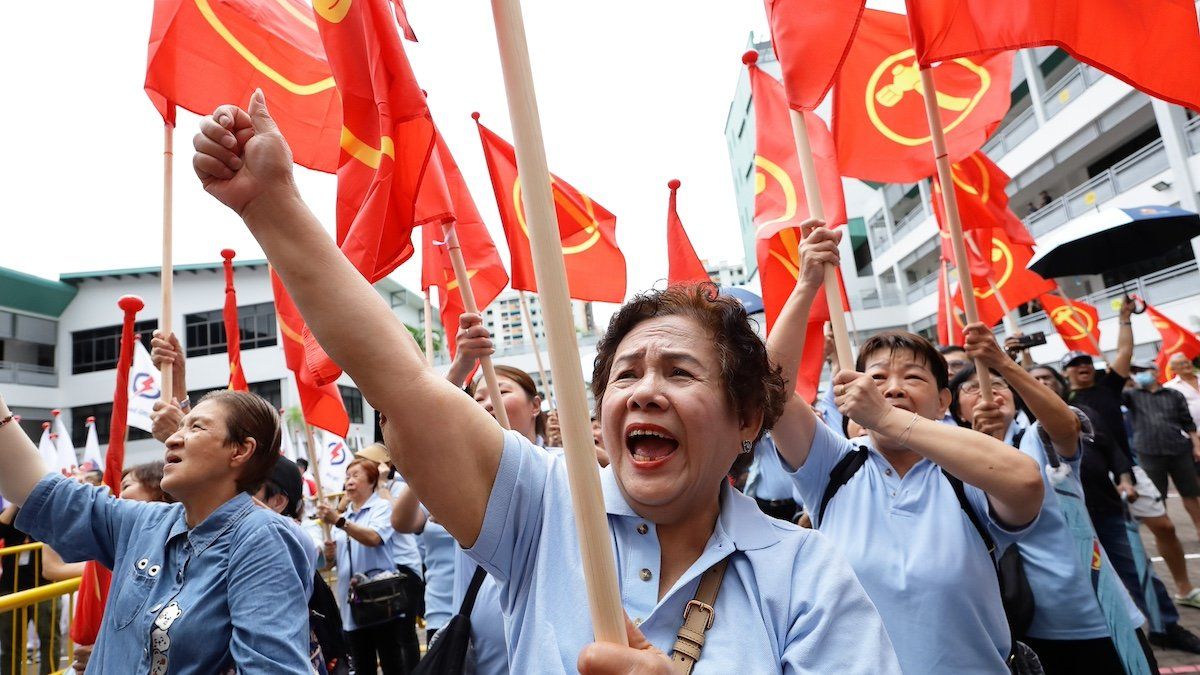Singapore kicked off a lightning-fast, nine-day campaign on Wednesday for its May 3 election. The vote promises to be the most contested since independence, as the ruling People’s Action Party sweats a strong challenge amid weak economic forecasts.
Elections in Singapore are usually dull affairs: The PAP has utterly dominated all contests since 1965, with members of the founding Lee family serving as PM for 45 years combined, and as recently as 2024. During one of its worst performances in 2020, the PAP won 89% of seats in parliament – even though it won just 61% of the vote. Such disproportionate electoral results, along with systematic repression of opposition figures, have led to accusations that Singapore is ade facto one-party state.
What’s different this time? First off, the Lion City is facing grim economic prospects. Growth projections have been revised to 0-2% for the year, down from 1-3%, and the heavily trade-dependent economy is reeling from global 10% tariffs imposed by the United States.
Secondly, the PAP’s long time in office contrasts sharply with a slate of newer candidates from the opposition Worker’s Party. PM Lawrence Wong has introduced 32 new candidates in an effort to shed the old guard image, casting off many long-serving stalwarts. A YouGov survey showed that only about 40% of voters would support the PAP if the election were held today, while a 43% plurality either don’t know or wouldn’t say who they will support.
The WP is still fighting uphill. Its leaders hope to take
a third of seats in parliament, far from a majority – but perhaps enough to change the political dynamic permanently.
